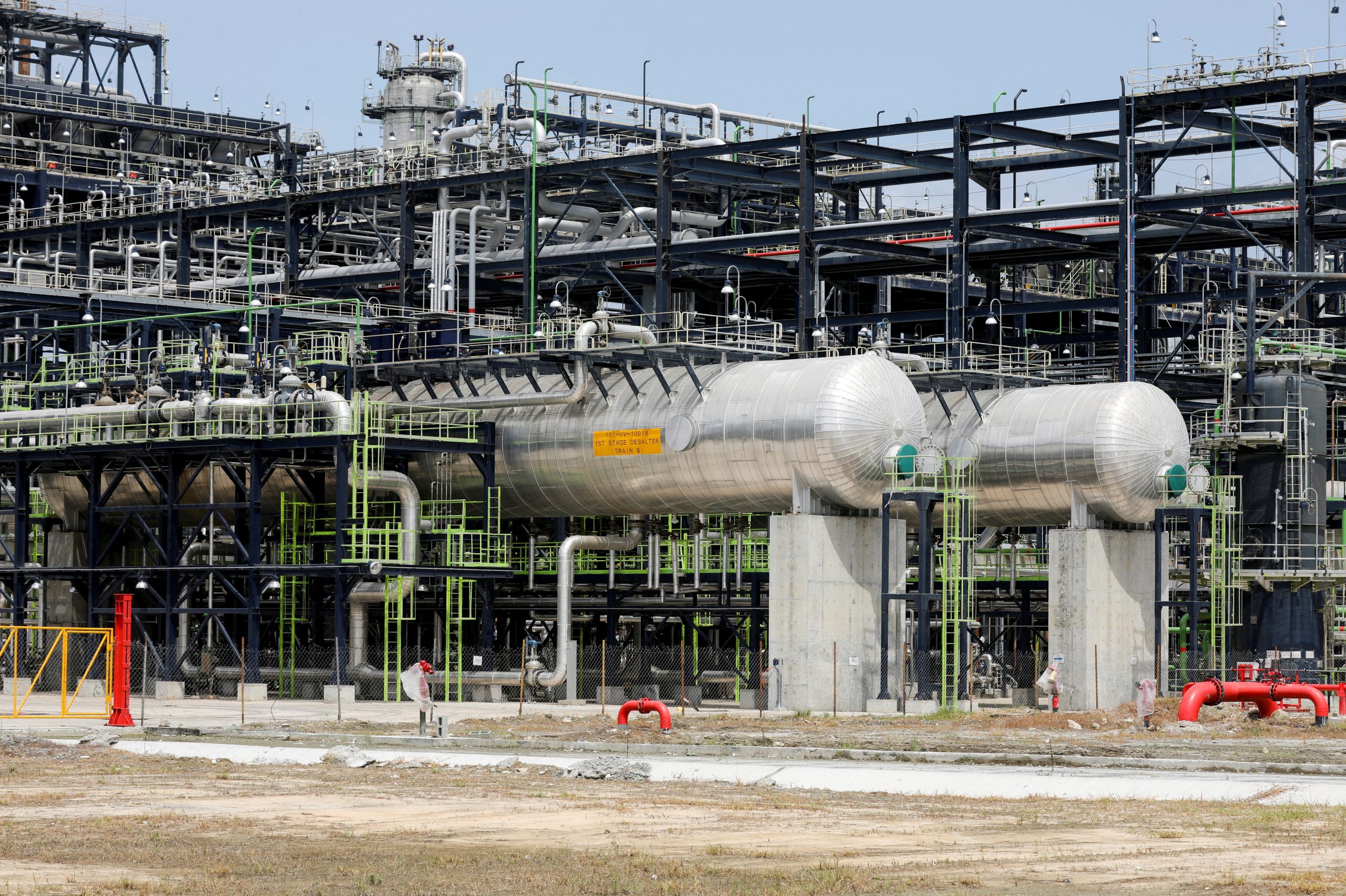In a surprising twist, Nigeria’s petrol imports skyrocketed in 2024, doubling to a staggering N15.42 trillion despite significant strides in domestic refining capacity. According to The PUNCH, citing the National Bureau of Statistics’ foreign trade statistics report, this marks a 105.3% increase from the N7.51 trillion recorded in 2023. The surge underscores Nigeria’s persistent dependence on imported fuel, even as the nation celebrated the operational debut of the 650,000-barrel-per-day Dangote Petroleum Refinery and revitalization efforts at state-owned refineries like Port Harcourt and Warri. This paradox has sparked debates about the country’s energy self-sufficiency ambitions and the effectiveness of its refining investments.
Historically, Nigeria’s petrol import bill has been on an upward trajectory. From N2.01 trillion in 2020, it more than doubled to N4.56 trillion in 2021, climbed to N7.71 trillion in 2022, and dipped slightly to N7.51 trillion in 2023. However, 2024’s N15.42 trillion figure represents an unprecedented peak, defying expectations that local refining would curb import reliance. The Dangote Refinery, hailed as a game-changer, began operations in 2023, while the Port Harcourt Refining Company (PHRC) and Warri Refining and Petrochemical Company (WRPC)—managed by the Nigerian National Petroleum Company Limited (NNPCL)—also ramped up efforts, with PHRC’s old 60,000bpd plant and WRPC’s December 2024 restart. Yet, these facilities have fallen short of meeting Nigeria’s full domestic demand.
Data reveals that oil marketers imported 6.38 billion litres of Premium Motor Spirit (PMS) and diesel over the past five months, including 2.3 billion litres between September 11 and December 5, 2024. This persists despite public commitments from some marketers to prioritize domestic supply. The PUNCH earlier reported that major marketers continue to dominate imports, spending roughly N6 trillion—a move that has strained Nigeria’s foreign exchange reserves and drawn criticism from independent marketers and retailers who decry the economic fallout.
Clement Isong, Executive Secretary of the Major Energies Marketers Association of Nigeria (MEMAN), defends importation, arguing it fosters competition and keeps pump prices affordable. “What importation does for us is that it contributes to the market’s competitiveness,” he said. “The price movements you are enjoying… are the result of importation. Locally refined fuel prices have to compete with imported prices—that’s what keeps our prices at the pump as low as possible.” While acknowledging the value of local refining, Isong insists that imports remain a critical buffer.
This situation exposes a gap between Nigeria’s refining potential and its reality. With domestic capacity still lagging, the nation’s N36.6 trillion foreign trade in Q4 2024 reflects a broader import surge, per NBS data. As Nigeria grapples with forex pressures and economic recalibrations—like the upcoming GDP rebasing—the petrol import conundrum remains a stubborn hurdle to energy independence.












Why is Nigeria still relying heavily on petrol imports despite purported local refining gains? Something doesnt add up here. 🤔
Isnt it ironic how Nigerias petrol imports doubled despite local refining improvements? Something doesnt add up here. 🤔
I find it hard to believe that despite local refining gains, Nigerias petrol imports have doubled in 2024. Something fishy going on?
I find it hard to believe that Nigerias petrol imports are still rising despite supposed local refining improvements. Whats really going on here?
Is Nigeria really benefiting from local refining or just spinning its wheels? The doubling petrol imports raise doubts.
Isnt it ironic how Nigerias petrol imports are rising despite efforts to boost local refining? Whats the missing link here?
Why is Nigeria still importing so much petrol in 2024? Shouldnt they focus more on local refining? This seems counterproductive.
Cant believe Nigerias petrol imports are still doubling despite local refining improvements. Wheres the disconnect? Something doesnt add up.
I find it hard to believe Nigerias petrol imports doubled despite local refining gains. Is something fishy going on? 🤔
Why isnt Nigeria fully utilizing its local refining capacity? Seems like a missed opportunity for self-sufficiency. Time for change!